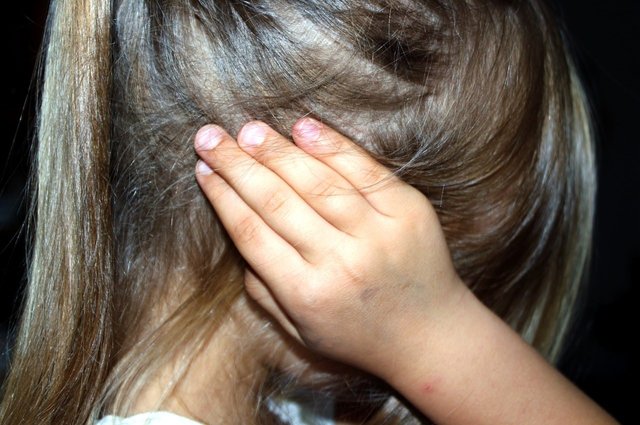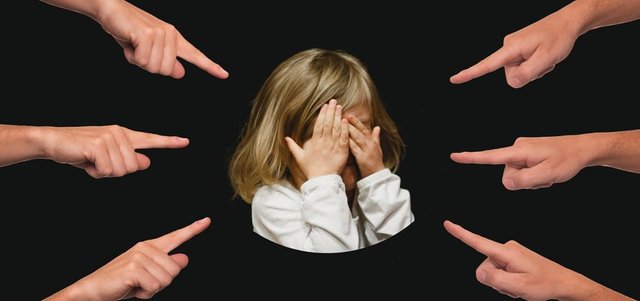PARENTAL ALIENATION: when the other parent becomes the bad guy
Being a child in the conflict between parents is never easy. Especially when one comes to parental alienation and "manipulates" the child for having him as an ally.
With changing times and the instability that surrounds us, divorces are becoming increasingly frequent. Parents who no longer love each other, who betray each other, who abandon themselves to a sterile relationship. And children who grow up in two houses, with different rules and very often feeling hatred for one of the two parents. We analyze in particular the latter aspect, namely parental alienation syndrome.
During a conflict, one parent may sometimes use the child as an ally and put it against the other. People talk about alienating and alienated people. The first is that parent who insinuates doubt into the child, telling him or her negative aspects of the other, denigrating him or her to such an extent that the child becomes ally of the alienating parent. The alienated is the parent who suffers this "libel campaign" and finds himself losing the bond with his child, to the point of feeling rejected by his son.
This dynamic usually occurs in cases where childcare is fought for and every effort is made to obtain it, without taking into account the psychological aspects to which it can lead. Gardner, a U. S. psychiatrist and theorist of parental alienation syndrome, says:"These children tend to feel responsible for parental happiness and all this interferes with the development of the child and the ability to establish good social relationships with their peers.
While from an Italian study of Lavadera et. All, led to the Sapienza of Rome, have revealed some characteristics typical of the child who is in this parental conflict:
- birth of a "false if" or a self that wants to adapt to reality and protect itself with this mask to the environment in which it is located;
- manipulative behavior, motivated by personal interest;
- loss of respect in the parental figures;
- distorted family vision because the child sees reality from the point of view of the allied parent;
- emotional dysregulation since the child does not feel free to feel emotions especially towards the alienated parent.
All this often results in disturbances in daily activities (sleep, feeding) and behavior (increased aggression to attract attention and channel unexpressed emotions into anger).
How to treat parental alienation syndrome?
Obviously not being a disease there is no real cure. However, it is a mechanism that can cause significant harm in the child, so we should try to change the mentality of the alienating parent. To do this it is useful to follow a psychological path that can allow the end of this conflict and allow the alienated parent to reestablish the link with his son.
Joint legal assistance is often the most effective legal route. All this serves to foster the parent-child bond that underlies the successive relationships that a person establishes. If there is no attachment characterized by a secure foundation to which the child can stand in his development, he will change the way we see reality and build future social relationships.

